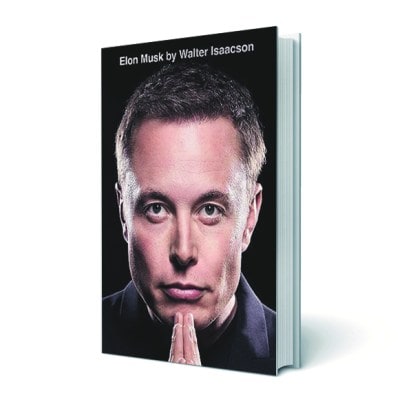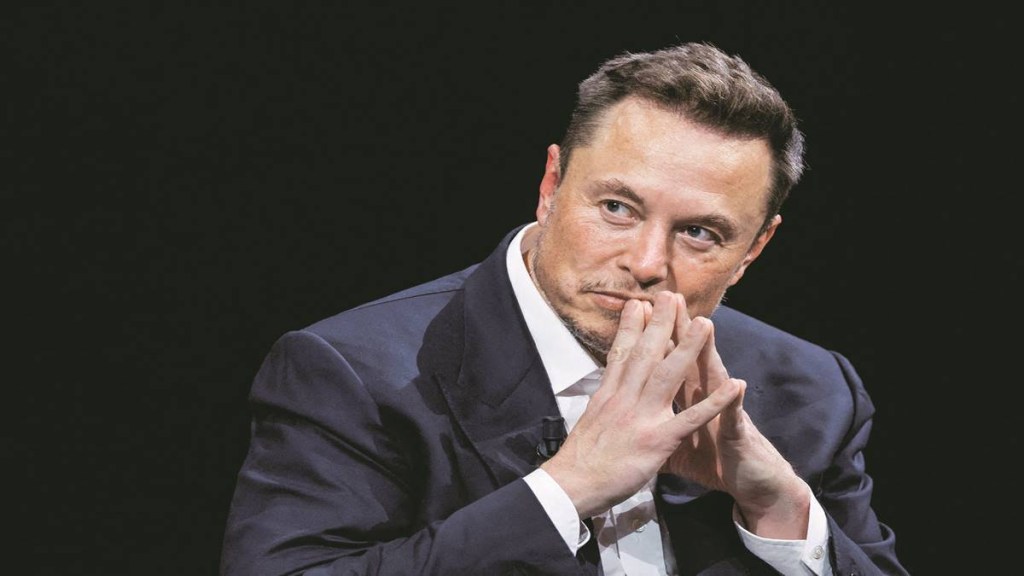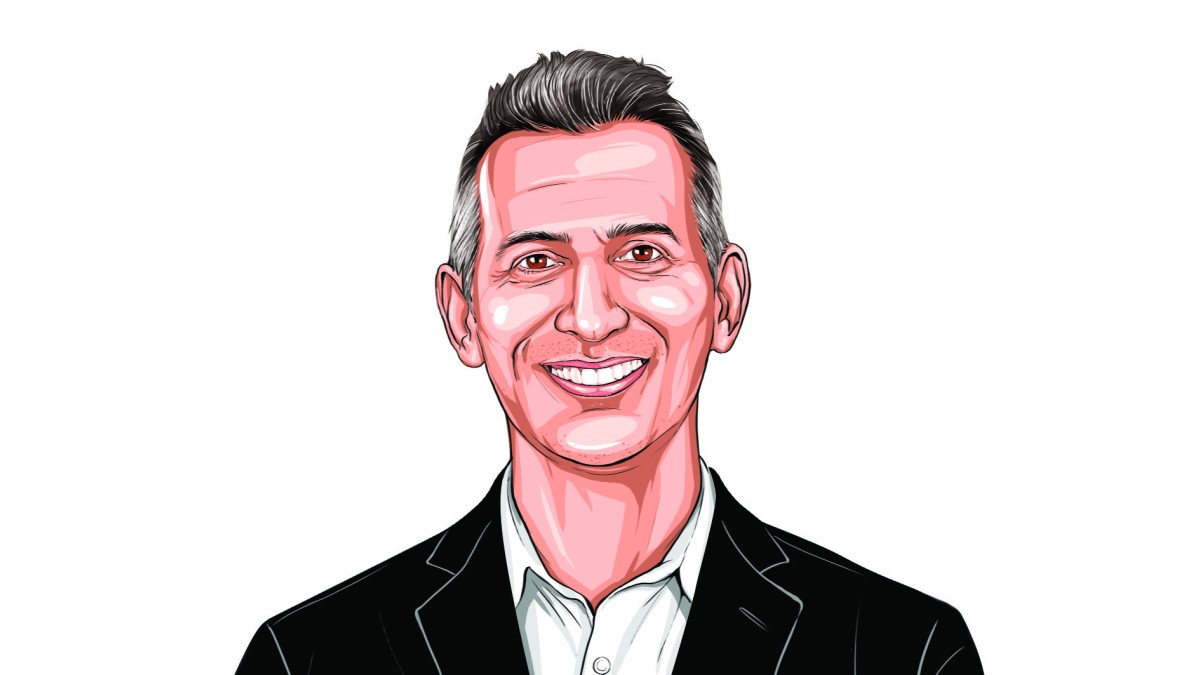Walter Isaacson
Simon & Schuster
Pp 688, Rs 1,499
History would have been different, or at least amused, had Elon Musk’s parents gone ahead with the name they had initially thought for him. They were going to name him “Nice”, after the town in France where he was conceived, but later changed their mind. In hindsight, it was a good decision, as “Nice Musk” would have certainly failed to live up to his name. Water Isaacson’s biography of Musk is replete with examples of why this is so.
Despite the book’s length, Elon Musk zips along thanks to the master storyteller’s delightful anecdotes, economical prose and short chapters. That’s not a surprise from a celebrated journalist, who among other things, has chronicled the lives of Steve Jobs, Albert Einstein and Leonardo da Vinci—each of them bestsellers. But this one must have been the toughest one.
Did you know that the principal of the school Musk went to as a three-year-old thought that he was “retarded” because of his prolonged “vacant stare” and his obsessive aloofness. The vacant stare has stayed on even at age 52, with Musk explaining in the book later that he still tends to zone out and retreat into his own world when thinking. “At that point, I can’t see or hear anything. I’m using my brains to compute…,” Musk tells Isaacson. The school principal certainly can’t be blamed for his assessment of the child.
Isaacson writes at length and with compassion about the indignities heaped upon young Elon by schoolmates, and goes into great details about Musk’s private life—his troubled childhood because of an abusive father, whose impact on his psyche lingers. The author is perhaps being over-simplistic by saying that because of the emotional scars of his childhood, Musk developed into a “tough yet vulnerable man-child” with an exceedingly high tolerance for risk, a craving for drama, and a maniacal intensity that was callous and at times destructive. Musk himself is surprisingly very tolerant of this description of himself when he says that “To anyone I have offended, I just want to say, I reinvented electric cars and I’m sending people to Mars in a rocket ship. Did you think I was also going to be a chill, normal dude?” That’s a legitimate question, but for most readers of the book, the necessity for Musk’s pettiness, arrogance, and swaggering viciousness are less clear.

The book has its fair share of humour, which makes it an enjoyable read. We learn that Musk’s girlfriend Grimes was in an Austin hospital visiting a surrogate pregnant with their then-secret second child in 2021. At the same time, Musk’s employee Shivon Zilis was in the same hospital pregnant with then-secret twins fathered by Musk via IVF. “Perhaps it is no surprise,” Isaacson deadpans, “that Musk decided to fly west that Thanksgiving weekend to deal with the simpler issues of rocket engineering.”
We also discover that Musk and Grimes have a third, previously unreported child, named Techno Mechanicus Musk, bringing Elon’s tally of known offspring to 11. The biography quotes Zilis as saying that Musk seriously believes that the amount of human intelligence was levelling off because smart people were not having enough children. So he is perhaps trying to compensate for that.
The author tries to make sense of the billionaire entrepreneur he has shadowed for two years—sitting in on meetings, getting a peek at emails and texts, engaging in “scores of interviews and late-night conversations”. But the impression one gets is that Musk is such a fast-moving target that it’s impossible to get a full measure of him. Hence, the author prioritises revealing anecdotes and behind-the-scenes reportage over a sophisticated critical lens.
For all his faults, Musk’s accomplishments as the head of a series of pioneering engineering firms are unrivalled. He oversees companies, valued at more than a trillion dollars, whose engineers have built or are building, among other things, reusable rocket ships, a humanoid robot, hyperloops for rapid transit, and a man-machine interface to be implanted in human brains. Isaacson takes on each of Musk’s ventures, chapter by chapter, emphasising the ferocity of Musk’s management style. “A maniacal sense of urgency is our operating principle” is his standard workplace rule. So Musk controls the very tiniest things, and the very biggest.
In one of the book’s biggest scoops, Isaacson describes Musk secretly instructing his engineers to “turn off” Starlink satellite internet coverage to prevent Ukraine from launching a surprise drone attack on Russian forces in Crimea. Isaacson has since posted on X that contrary to what he writes in the book, Musk didn’t shut down coverage but denied a request to extend the network’s range.
The acquisition of Twitter has been dealt with extensively in the book. When Musk bought a significant stake in Twitter months before the actual deal, he agreed to meet the CEO, Parag Agrawal. After the meeting, Musk said: “What Twitter needs is a fire-breathing dragon and Parag is not that.” Isaacson also depicts Twitter as more of an adult day-care centre than a tech company—it’s as if Twitter prided itself on being a friendly place where coddling was considered a virtue. So Musk wielded the axe, eliminating 75% of the staff.
That’s just the trailer. Steamrolling past Twitter employees’ warnings, he insisted on immediately moving thousands of the company’s computer servers from a Sacramento data centre to another facility to save money. When they balked, Musk brought a carful of friends to the place, where he personally disconnected one of the servers with the help of a security guard’s pocket knife!
Even after reading 670 pages about him, Musk would continue to remain an enigma. One of the best anecdotes that sums up Musk’s world view is as follows: After a game of Battle of Polytopia, a turn-based strategy game, Musk tells his brother Kumbal that the game will teach him how to be a better CEO. Eventually they write down a shared list of life lessons they have learnt from the game. One of the lessons, jotted down by Musk himself, says, “Empathy is not an asset. Optimise every turn and double down.” That’s as close as one can get to know of Musk.
The book ends with Isaacson asking a rhetorical question: “Would a restrained Musk accomplish as much as a Musk unbound?” Even the genius subject of the book would struggle for an answer.








